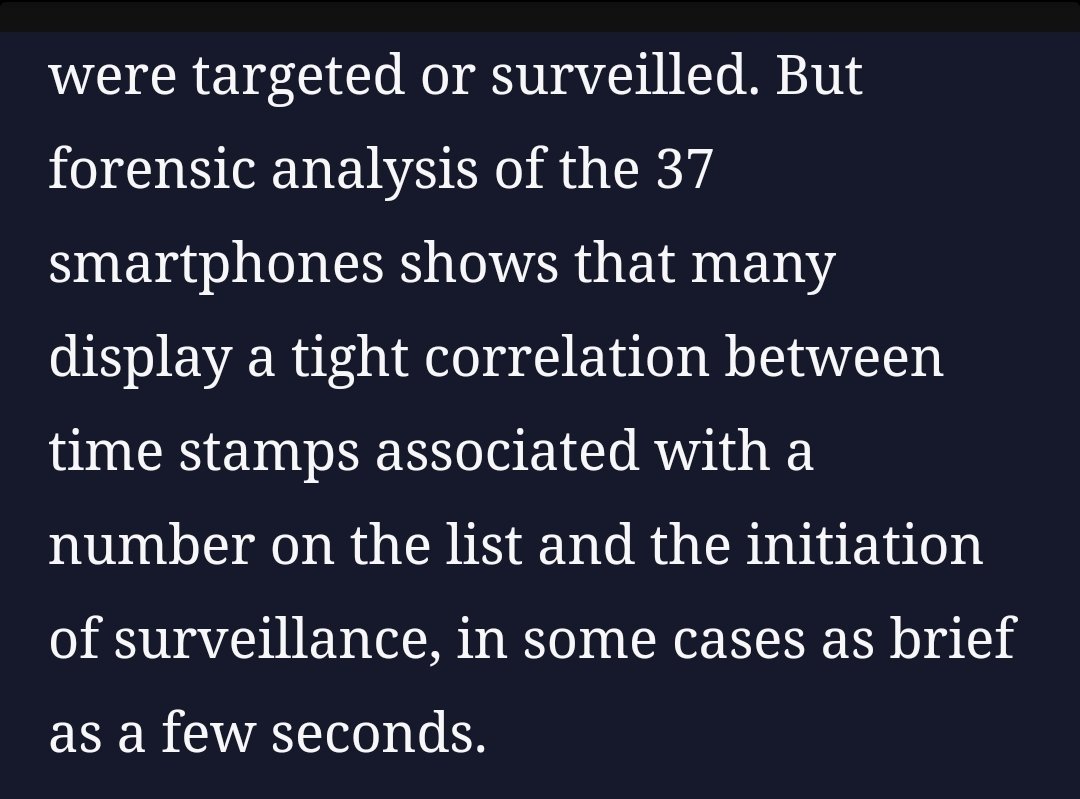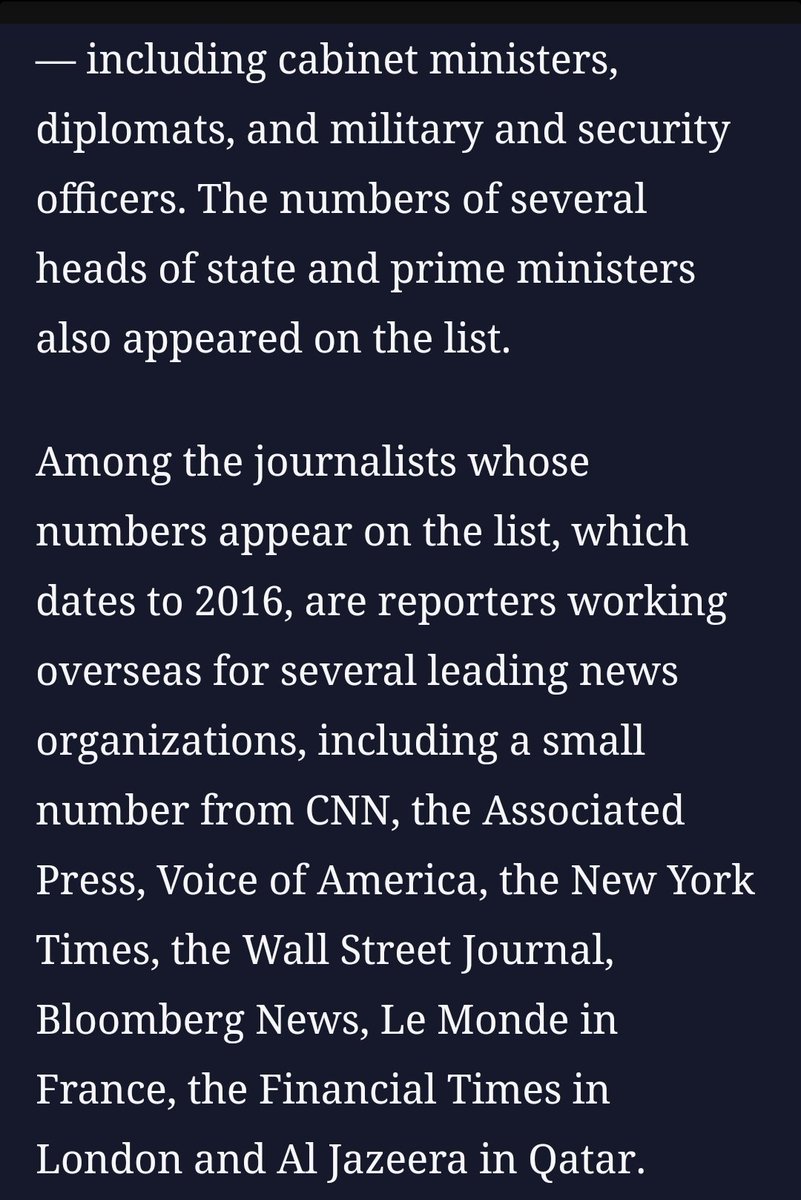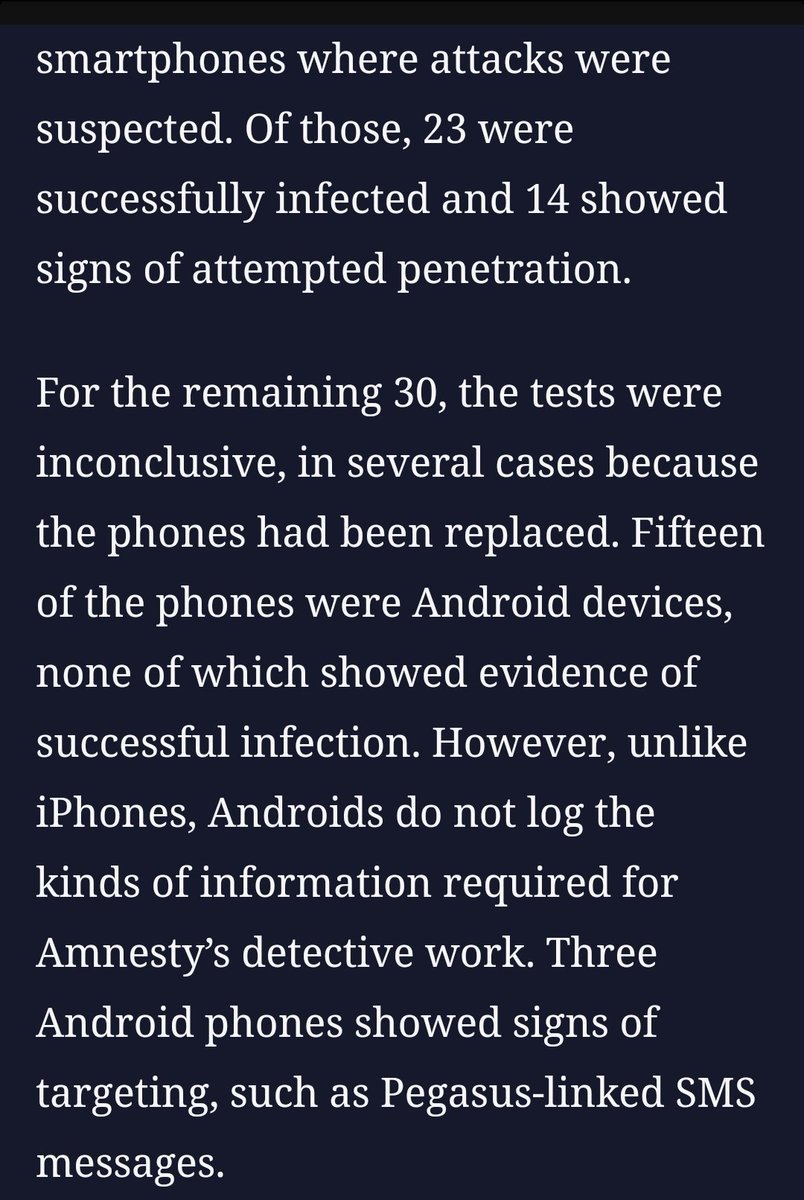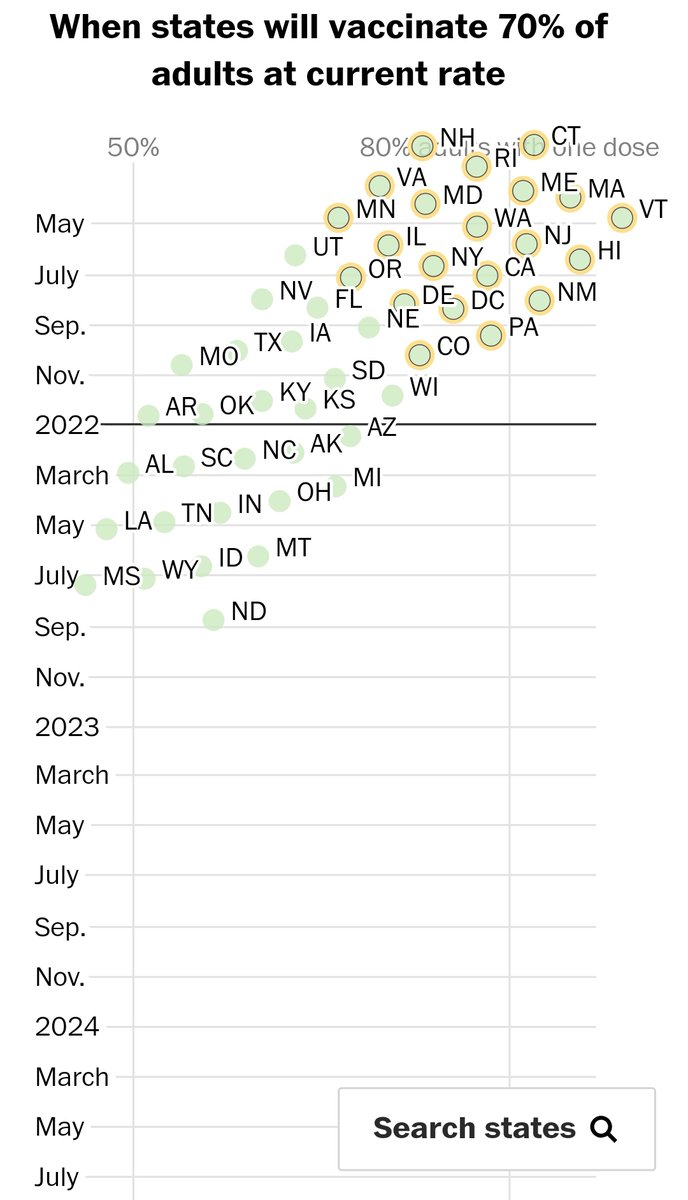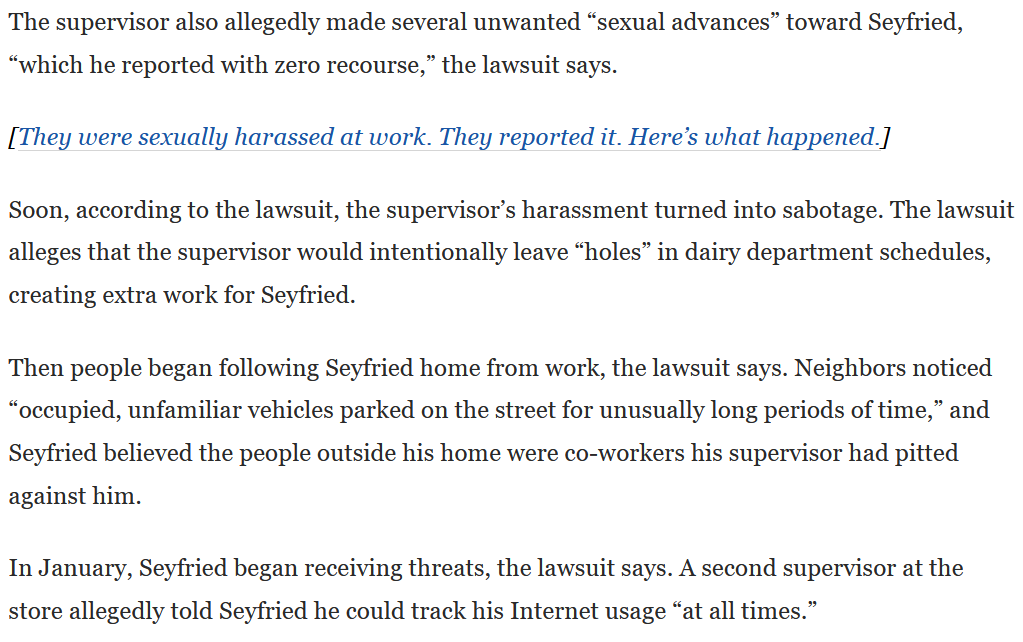
Remarks by AG Michael B. Mukasey on International Organized Crime at CSIS
April 23, 2008
justice.gov/archive/ag/spe…
April 23, 2008
justice.gov/archive/ag/spe…
In 1961, AG Robert Kennedy highlighted the broad threat posed by organized crime. He said: "In too many major communities of our country, organized crime has become big business. It knows no state lines.
It drains off millions of dollars of our national wealth, infecting legitimate businesses, labor unions, and even sports. Tolerating organized crime promotes the cheap philosophy that everything is a racket."
Perhaps the biggest hurdle at the time those operations started was that much of the public did not see or understand the threat posed by organized crime. It was a failure of imagination; a failure to see that a vast underworld could thrive under our noses,
and commit crime as a matter of business. Over time, however, as police and prosecutors changed the reality for the racketeers, the American public began to understand how utterly ruthless organized criminals could be.
Ultimately, the efforts of the Council, law enforcement, and the Department of Justice resulted in one of the most successful programs in the Department’s history. Mobsters were charged, convicted and imprisoned,
their assets were seized, and organized crime was severely weakened. As a result of that accomplishment, the last time the Organized Crime Council met was in 1993.
Perhaps we are victims of our own success, because it seems that there is a widespread belief around the country that organized crime is no longer a serious threat. Most Americans think of organized crime only as a part of America’s past;
its modern role merely the subject of popular movies or television dramas. I can assure you that organized crime is different in source and in scope, but unfortunately this phenomenon, in a different institutional costume, is alive and well.
That is why, earlier this year, the Organized Crime Council met for the first time in 15 years. It did so because the United States faces a new and more modern threat, from international organized crime.
We can't ignore criminal syndicates in other countries on the naïve assumption that they are a danger only in their homeland, whether it is located in Eurasia, Africa, or anywhere else.
International organized crime poses a greater challenge to law enforcement than did the traditional mafia, in many respects. And the geographical source of the threat is not the only difference. The degree of sophistication is also markedly different.
Some of the most significant international organized criminals are also infiltrating our own strategic industries, and those of our allies, are providing logistical support to terrorist organizations and foreign intelligence agencies,
and are capable of creating havoc in our economic infrastructure. These international criminals pose real national security threats to this country.
Here I would like to pause long enough to make explicit an important distinction between this national security threat and others that I and other people involved in law enforcement, intelligence gathering, and national defense have spoken of frequently.
International organized criminals are not motivated by ideology; they are motivated by the same thing that has motivated traditional organized criminals: money.
International organized crime is a hybrid criminal problem that implicates three of the Department’s national priorities: national security, violent crime, and public corruption. It needs a coordinated response and an openness to new ways of doing business.
It also demands that we work closely with our foreign colleagues in order to dismantle global criminal syndicates. In short, this is about more than the Department of Justice. It involves our law enforcement and non-law enforcement colleagues
at the Departments of Homeland Security, State, Treasury, and Labor, the U.S. Postal Service, as well as the intelligence community. I’d like to thank these other agencies for their help and efforts.
the Department and other federal agencies recently conducted a comprehensive assessment of international organized crime.
We drew on the best available intelligence to identify, analyze, and give priority to the threats.
We drew on the best available intelligence to identify, analyze, and give priority to the threats.
The assessment contained in the Law Enforcement Strategy describes that and has made it vividly clear that international organized crime is a serious national security and criminal problem that demands a targeted and coordinated response.
First, we learned that organized crime, in addition to being as varied and dangerous as ever, has a remarkable ability to adapt to changing conditions. As a result, the challenge we face with the new breed of organized criminals is quite different
from the one we faced a generation or two ago. They are more sophisticated, they are richer, they have greater influence over gov't and political institutions worldwide, and they are savvier about using the latest technology, first to perpetrate and then to cover up their crimes.
This new group of organized criminals are far more involved in our everyday lives than many people appreciate. They touch all sectors of our economy, dealing in everything from cigarettes to oil; clothing to pharmaceuticals.
These criminals invest some of the millions they make from illegal activities in the same publicly traded companies as we hold in our pension plans and 401(k)s. They exploit the internet and peddle their scams on eBay,
and they're responsible for a significant chunk of the spam email we get.
When I use the term "international organized criminal," I do not mean to suggest that these are only foreign citizens, or to place blame for the problem on other nations.
When I use the term "international organized criminal," I do not mean to suggest that these are only foreign citizens, or to place blame for the problem on other nations.
I am referring to the globalization of crime and to groups with members and associates around the world, including here in the United States.
The first threat we identified was that international organized criminals control significant positions in the global energy and strategic materials markets. They are expanding their holdings in these sectors, which corrupts the normal functioning of these markets
and may have a destabilizing effect on U.S. geopolitical interests.
Organized crime has put down deep roots in various parts of the globe. So-called "iron triangles" of corrupt business leaders, corrupt government officials,
Organized crime has put down deep roots in various parts of the globe. So-called "iron triangles" of corrupt business leaders, corrupt government officials,
and organized criminals exert substantial influence over the economies of many countries. This is a grave concern for U.S. law enforcement, and we have responded.
One of the most well-known recent examples is the case of Semion Mogilevich – also known as the "Brainy Don"
One of the most well-known recent examples is the case of Semion Mogilevich – also known as the "Brainy Don"
and several members of his criminal organization who the United States charged in a 45-count racketeering indictment in 2003. According to published reports, even after the indictment, Mogilevich continued to expand his criminal empire in a new direction.
He was said to exert influence over large portions of the natural gas industry in parts of what used to be the Soviet Union.
The arrest of Mogilevich by Russian police in January is a positive sign. But we continue to watch the growth of organized crime and its penetration into some of these markets with great concern.
**NOTE: Putin later RELEASED him from Prison!
**NOTE: Putin later RELEASED him from Prison!
A second threat we identified was the logistical and other support that organized crime provides to terrorists, foreign intelligence services, and foreign governments that may be targeting the United States or otherwise acting against our interests.
There are many examples of these connections. Just last month, a complaint was unsealed against Viktor Bout [BOOT], a notorious international arms trafficker. Bout is charged with conspiring to sell millions of dollars worth of weapons to the Revolutionary Armed Forces
of Colombia, known as FARC. The FARC, as we know also, is a designated foreign terrorist organization.
The complaint alleges that Bout, along with an accomplice, agreed to sell the FARC 100 surface-to-air missiles, as well as launchers for armor-piercing rockets.
The complaint alleges that Bout, along with an accomplice, agreed to sell the FARC 100 surface-to-air missiles, as well as launchers for armor-piercing rockets.
Luckily, in this instance the individuals holding themselves out to be members of the FARC were actually confidential sources working with the Justice Department. As this example makes clear, although these criminals are not motivated by ideology, when the price is right,
they are more than willing to help the people who are motivated by ideology.
Another set of recent cases highlights a third threat – from international organized criminals who smuggle and traffic people and contraband into the country.
Another set of recent cases highlights a third threat – from international organized criminals who smuggle and traffic people and contraband into the country.
Together, Operation Royal Charm in New Jersey and Operation Smoking Dragon in Los Angeles uncovered an extensive Asian criminal enterprise that was smuggling nearly every form of contraband imaginable. These investigations resulted in the indictment of 87 people who
smuggled goods into the United States by using shipping containers with bills of lading that falsely identified the contents as toys and furniture from China.
Instead of toys, the smugglers were bringing in millions of dollars worth of high quality counterfeit $100 bills as well as counterfeit pharmaceuticals and cigarettes, and illicit drugs including ecstasy and methamphetamine.
Two of the defendants entered into a deal with undercover agents to provide various weapons, including hundreds of shoulder-fired rockets capable of shooting down airplanes.
Another threat involves the ways organized crime exploits the U.S. and international financial systems
Another threat involves the ways organized crime exploits the U.S. and international financial systems
to move illicit funds. These groups are run like global corporations; they use sophisticated financial operations. Any time you have that kind of expertise, there is potential for it to be misused in a way that causes harm. We already know organized criminals have bad intentions;
so the question becomes exactly what kinds of harm do they want to cause.
They may exploit legitimate banking systems here and abroad to launder money, or engage in other financial crimes like insurance fraud. And over the past several years we have seen cases where U.S. shell
They may exploit legitimate banking systems here and abroad to launder money, or engage in other financial crimes like insurance fraud. And over the past several years we have seen cases where U.S. shell
companies were established and used for global money laundering schemes in Russia, Latvia, the U.S., and other countries.
The criminals operating these schemes are willing to move money for anyone who needs to hide the source, ownership, or destination of the funds--no questions
The criminals operating these schemes are willing to move money for anyone who needs to hide the source, ownership, or destination of the funds--no questions
asked. They corrupt banking officials and exploit lax anti-money-laundering protections around the world to inject illicit funds into the global money stream. By all estimates, such schemes move billions of dollars every year through U.S. financial institutions.
A good example is the case of Garri Grigorian, a Russian national living in the United States who helped launder more than $130 million on behalf of the Moscow-based Intellect Bank and its customers, through bank accounts in Sandy, Utah. 👀
Hiya, Mitt! 👋
Hiya, Mitt! 👋
Grigorian and his co-conspirators set up three U.S. shell companies, and then set up bank accounts for those companies in Utah and New York.
The companies never did any business; they existed only to create the illusion that transactions to and from their bank accounts
The companies never did any business; they existed only to create the illusion that transactions to and from their bank accounts
were legitimate trade. Once those accounts were set up, Intellect Bank could use them to conduct U.S. dollar wire transfers on behalf of their clients. In total there were more than 5,000 of these wire transfers in a little more than two years.
For his crimes, Grigorian was sentenced to 51 months in prison and ordered to pay $17 million in restitution.
Yet another threat is the way international organized criminals use cyberspace to target U.S. victims and infrastructure. The internet is tailor-made for organized crime--it's anonymous, largely untraceable, and can provide instant communication for a far-flung network of crooks.
Criminals need only sit back and wait for entrepreneurs to come up with legitimate new uses for the internet, which they can then corrupt. For instance, technology in the past few years has created brand new avenues for money laundering with the proliferation
of so-called "virtual-world" games like Second Life, and with mobile payment systems.
A number of recent cyber investigations in the United States--involving everything from fraudulent eBay auctions to so-called phishing schemes responsible for large-scale identity theft--have
A number of recent cyber investigations in the United States--involving everything from fraudulent eBay auctions to so-called phishing schemes responsible for large-scale identity theft--have
traced the perpetrators back to Romania, long considered to be a main source of electronic crime. Close cooperation between the Department, the FBI, and Romanian authorities has revealed a troubling phenomenon.
Traditional Romanian organized crime figures--who previously were
Traditional Romanian organized crime figures--who previously were
involved in offenses like drug smuggling, human trafficking, and extortion--have joined forces with other criminals to bring some young computer hackers under their control, and have organized them into cells based on their cyber-crime specialty.
Fortunately, Romanian officials
Fortunately, Romanian officials
are taking these developments seriously, and last November they arrested eleven of their citizens who were part of a ring that perpetrated these phishing schemes. The criminals got personal data from computer users, imprinted credit and debit card information onto
counterfeit cards, and then used those cards to obtain cash from ATMs and Western Union locations. Romanian police executed 21 search warrants and seized computers, card reading and writing devices, blank cards, and other equipment.
Other threats identified in our assessment
Other threats identified in our assessment
include manipulation of securities markets; corrupting public officials, globally; and using violence as a basis for power. These are the hallmarks of international organized crime in the 21st century. That is what we are up against.
As you can see, organized crime has become a lot more complex and diversified since the days of Robert Kennedy.
• • •
Missing some Tweet in this thread? You can try to
force a refresh







